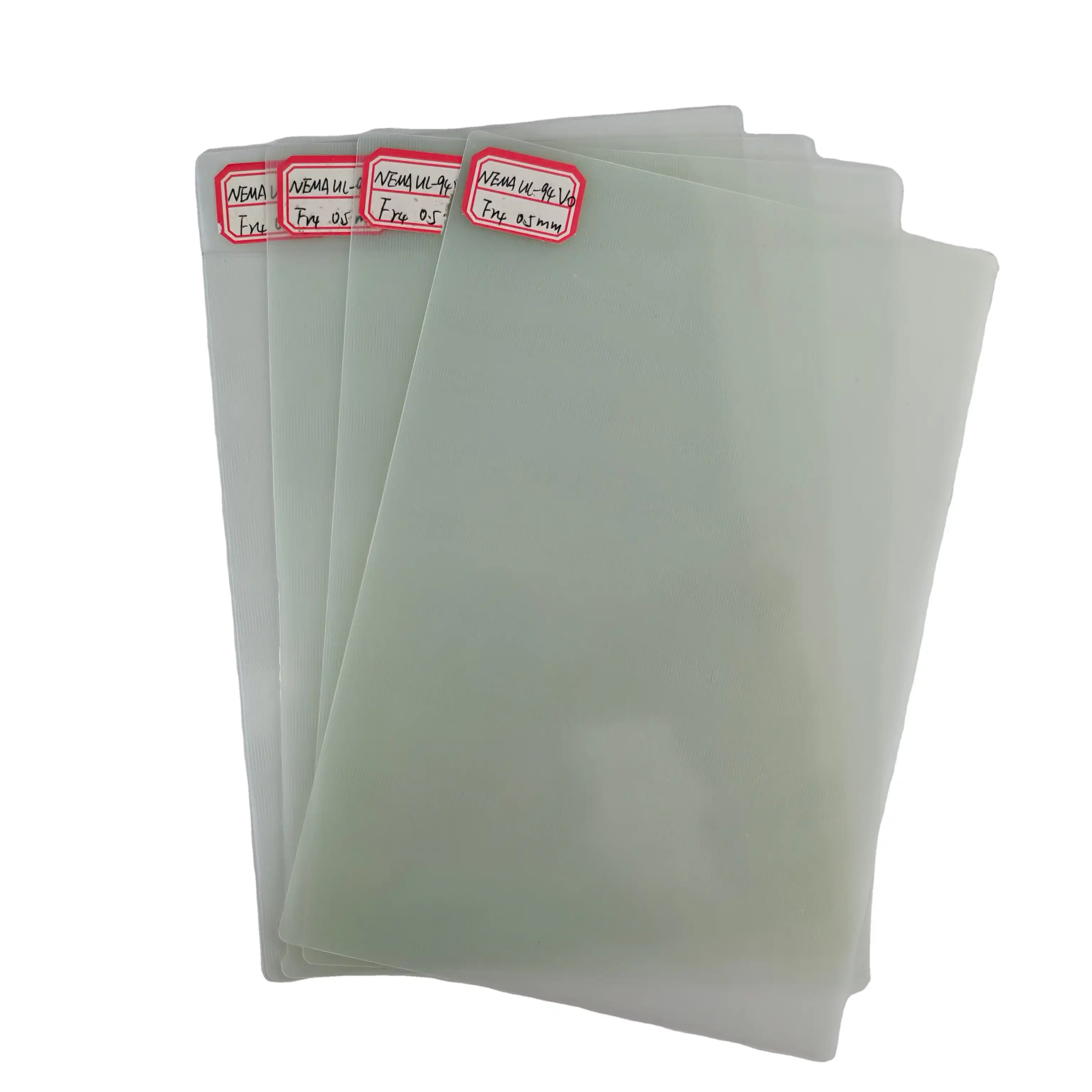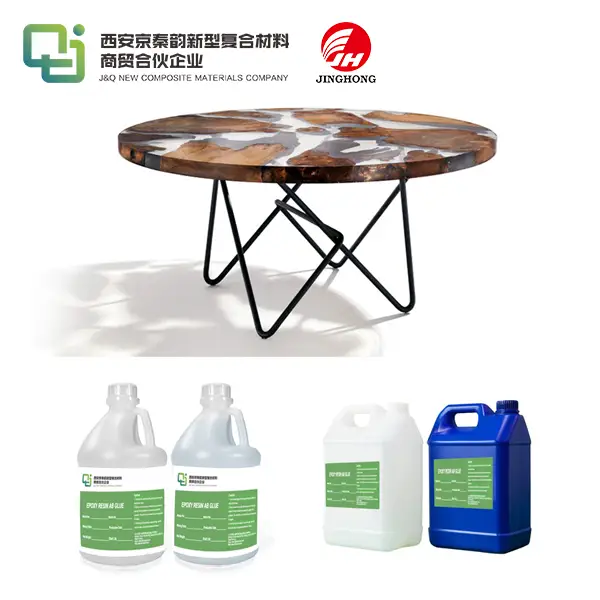What Are the Key Benefits of Using 3240 Epoxy Sheets?
2024-07-01 14:34:43
In the realm of advanced materials, 3240 epoxy sheets stand out for their exceptional properties and versatile applications. These sheets, made from a combination of epoxy resin and glass cloth, are renowned for their high mechanical strength, excellent electrical insulation, and robust thermal stability. But what makes 3240 epoxy sheets particularly beneficial? This blog explores the key advantages of using 3240 epoxy sheets in various industries and applications.
How Do 3240 Epoxy Sheets Improve Electrical Insulation?
Electrical insulation is a critical requirement in many industries, particularly in the manufacturing of electronic devices and components. 3240 epoxy sheets are specifically designed to offer superior electrical insulation properties. This section delves into how these sheets enhance electrical insulation and why this is essential for various applications.
High Dielectric Strength
One of the primary reasons 3240 epoxy sheets are favored for electrical insulation is their high dielectric strength. Dielectric strength refers to the maximum electric field that a material can withstand without breaking down. 3240 epoxy sheets exhibit high dielectric strength, making them ideal for use in high-voltage applications. This property ensures that the sheets can effectively prevent electrical leakage, reducing the risk of short circuits and electrical failures.
Low Dielectric Constant
The dielectric constant of a material determines how well it can store electrical energy in an electric field. A low dielectric constant is desirable for materials used in electrical insulation because it means less energy is lost as heat. 3240 epoxy sheets have a low dielectric constant, which minimizes energy loss and enhances the efficiency of electrical systems. This is particularly beneficial in applications such as transformers, electric motors, and circuit boards, where efficient insulation is crucial for optimal performance.
Resistance to Electrical Tracking
Electrical tracking refers to the formation of conductive paths on the surface of an insulating material due to electrical discharges. This phenomenon can lead to insulation failure and equipment damage. 3240 epoxy sheets possess excellent resistance to electrical tracking, ensuring long-term reliability and safety in electrical applications. This resistance is achieved through the unique composition of epoxy resin and glass cloth, which provides a robust barrier against electrical discharges.

What Are the Mechanical Properties of 3240 Epoxy Sheets?
Mechanical strength is another significant advantage of 3240 epoxy sheets. These sheets are known for their outstanding mechanical properties, which make them suitable for a wide range of demanding applications. This section explores the mechanical benefits of 3240 epoxy sheets.
High Tensile Strength
Tensile strength refers to the maximum stress that a material can withstand while being stretched or pulled before breaking. 3240 epoxy sheets exhibit high tensile strength, making them resistant to deformation and breakage under mechanical stress. This property is crucial in applications where the material is subjected to heavy loads and forces, such as in the construction of structural components and supports.
Excellent Flexural Strength
Flexural strength is the ability of a material to resist deformation under bending forces. 3240 epoxy sheets have excellent flexural strength, allowing them to maintain their shape and integrity even when subjected to significant bending stresses. This property is particularly important in applications where the material needs to withstand repetitive bending and flexing, such as in the automotive and aerospace industries.
Impact Resistance
Impact resistance is a measure of a material's ability to absorb energy and resist damage from sudden impacts. 3240 epoxy sheets demonstrate high impact resistance, ensuring durability and longevity in harsh environments. This makes them suitable for use in protective covers, panels, and enclosures that need to withstand accidental impacts and collisions.
How Do 3240 Epoxy Sheets Perform Under Thermal Stress?
Thermal stability is a critical factor for materials used in high-temperature environments. 3240 epoxy sheets are designed to perform exceptionally well under thermal stress, making them ideal for applications that involve exposure to high temperatures. This section examines the thermal properties of 3240 epoxy sheets and their advantages in various industries.
High Thermal Conductivity
Thermal conductivity is the ability of a material to conduct heat. 3240 epoxy sheets possess high thermal conductivity, which allows them to efficiently dissipate heat generated during operation. This property is essential in applications such as heat sinks, electronic components, and machinery parts, where effective heat dissipation is necessary to prevent overheating and ensure optimal performance.
Thermal Stability
Thermal stability refers to a material's ability to maintain its properties and performance at elevated temperatures. 3240 epoxy sheets exhibit excellent thermal stability, retaining their mechanical strength and electrical insulation properties even under high thermal stress. This makes them suitable for use in high-temperature environments, such as in power generation, industrial machinery, and automotive components.
Low Thermal Expansion
Thermal expansion is the tendency of a material to expand when heated. Materials with low thermal expansion are preferred in applications that involve temperature fluctuations, as they are less likely to undergo significant dimensional changes. 3240 epoxy sheets have low thermal expansion, ensuring dimensional stability and reducing the risk of thermal-induced deformation. This property is particularly beneficial in precision applications, such as in aerospace and electronics, where maintaining tight tolerances is critical.
Conclusion
3240 epoxy sheets offer a multitude of benefits that make them a valuable material in various industries. Their superior electrical insulation properties, high mechanical strength, and exceptional thermal stability set them apart as a versatile and reliable choice for numerous applications. Whether used in electrical insulation, structural components, or high-temperature environments, 3240 epoxy sheets provide the performance and durability needed to meet the demands of modern technology.
References
1. "Epoxy Resin: Material Properties and Applications" - ScienceDirect
2. "The Role of Dielectric Materials in Electrical Insulation" - IEEE Xplore
3. "Mechanical Properties of Composite Materials" - Material Science Journal
4. "Thermal Management in Electronic Devices" - Journal of Power Sources
5. "Impact Resistance of Epoxy Composites" - Industrial Engineering Journal
6. "Thermal Conductivity of Epoxy Resins" - Journal of Applied Polymer Science
7. "Electrical Tracking Resistance in Insulating Materials" - Electrical Engineering Magazine
8. "Flexural Strength of Composite Sheets" - Structural Engineering Journal
9. "Advancements in High-Temperature Materials" - Journal of Thermal Analysis and Calorimetry
10. "Applications of Epoxy Sheets in Industrial Machinery" - Manufacturing Technology Magazine






 拷贝.webp)
